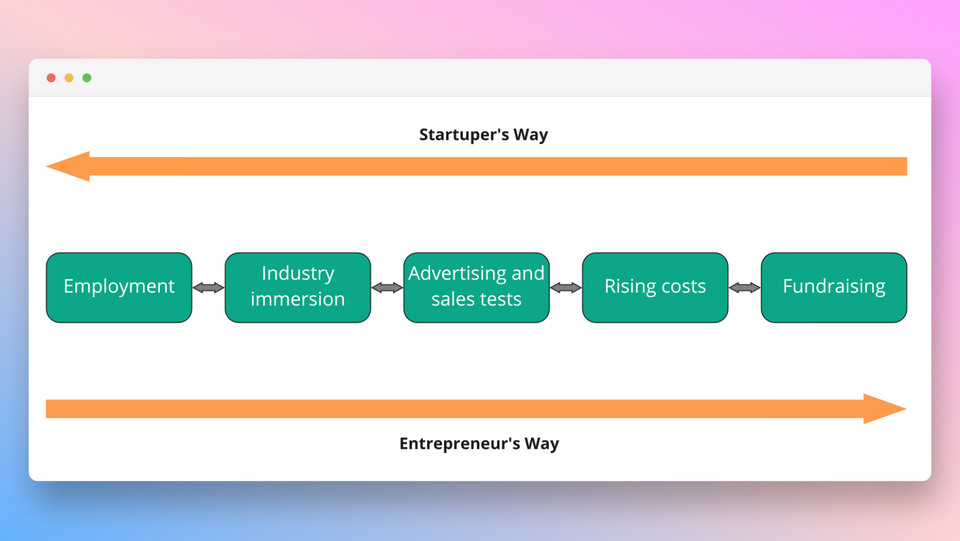Startup or lifestyle business?

People start companies for all sorts of reasons. Some want to make a little bit of money. Some want to be their own boss. Some have come up with something interesting and are eager to realize it themselves. Some are burning with a desire to create something big and significant. Depending on the goal, we should develop companies as startups or as lifestyle businesses. So what's the difference?
Lifestyle business
A lifestyle business is characterized by a focus on profit and a general sense of "oh, it's fun to do this, everything is cool." The growth of the company is just a side effect for such a business. It can remain small for a very long time. The main metrics are profit, job satisfaction, and work-life balance in the long term. This is the kind of business that can be done for a lifetime, enjoying it and making money. One of the most striking examples of companies of this type is Basecamp. It should be noted that such companies can also grow to enormous sizes, but this is not the goal, it just happens.
Startup
A startup is very different in that it grows quickly. The main metrics are the speed of revenue growth and the number of users. You are not interested in profit, job satisfaction is not a metric but rather a factor at the "OK" level, there is a clear understanding that work-life balance is not possible, and the goal is to create a product or service that will change the world and make a lot of money. These are companies that are not intended to be built for a lifetime, but rather to be sold or go public. One of the most famous examples of startups is Airbnb.
Need for investments
If you have chosen to build a lifestyle business, do not even try to attract investments. They can only cause harm and bring no benefit. An investor is not interested in profit, he is interested in increasing the company's capitalization. Any investor needs growth. By taking investments, you will be forced to turn the company into a startup. And if it conflicts with your long-term plans, it can easily become one of your biggest mistakes. You will be forced to do things that you don't really like or don't want to do.
Therefore, if you have chosen to build a startup, immediately start looking for investments. Because on your own you will inevitably grow more slowly than with external financing. Moreover, if you try to grow fast on your own, you will most likely lose out on the competition in your market.